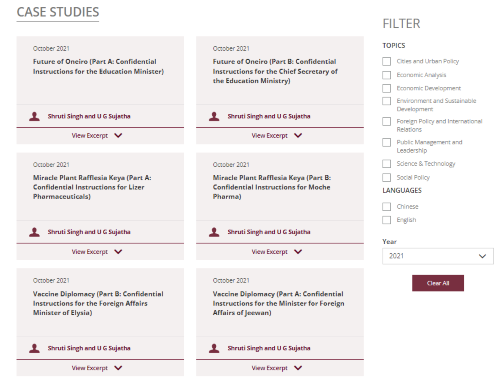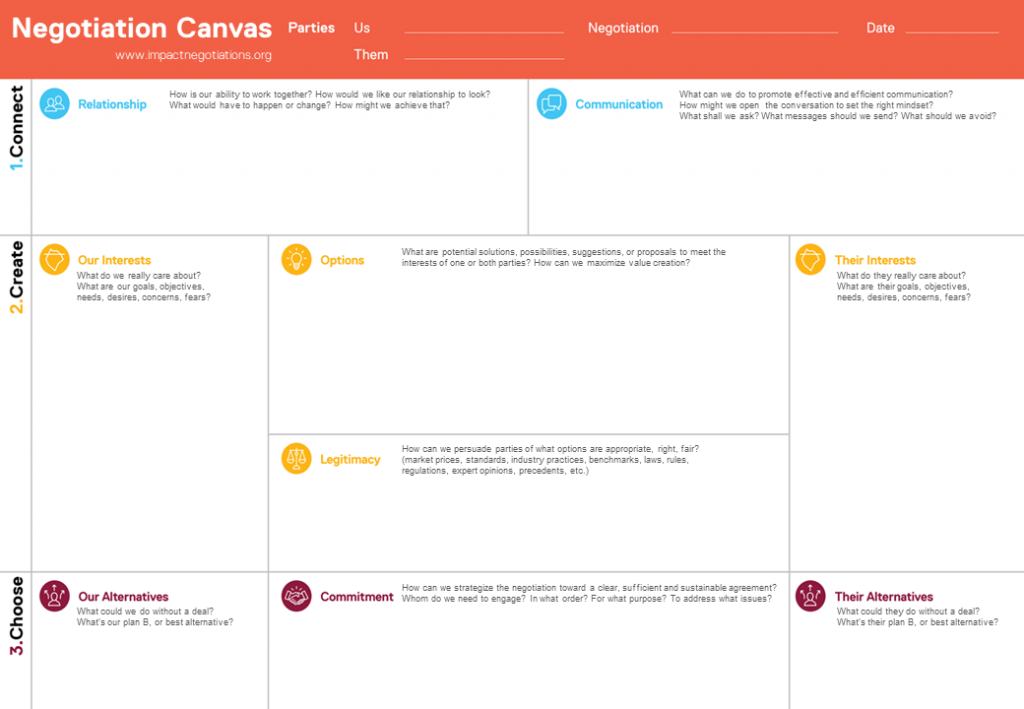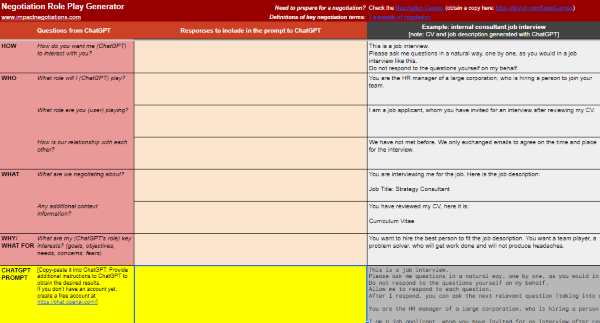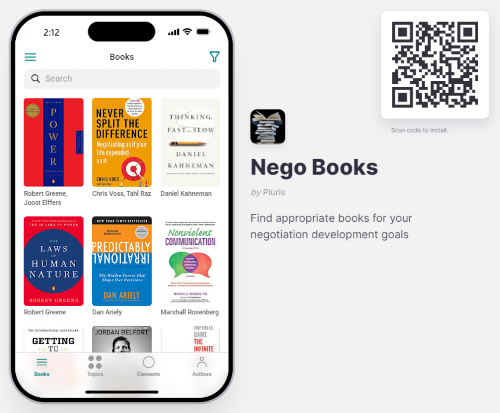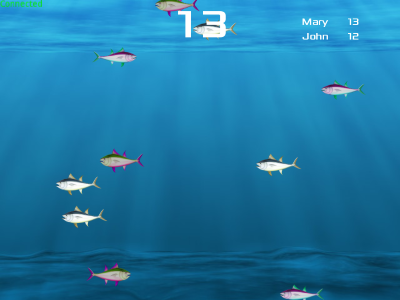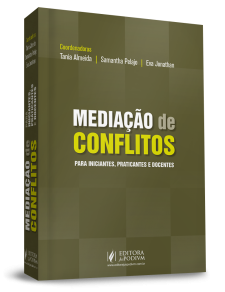UG Sujatha and Shruti Singh, with contributions from Nuno Delicado, wrote three new case studies (role plays) recently published by the Lee Kuan Yew School of Public Policy (LKYSPP). The three cases are set in Asia and deal with different public policy challenges:
1. Corporate to corporate negotiations to access public land
2. Internal negotiations and relationship management inside a ministry
3. Government to government negotiations about a new vaccine to fight a pandemic
Below we include a summary of each case’s dynamics (from LKYSPP). They can all be accessed for free here at the LKYSPP Case Study Library. Copyright © 2021 LKYSPP (All rights reserved. Cases can only be used for teaching purposes). To obtain the corresponding Teaching Notes, please contact LKYSPP’s Case Study Unit (lkysppcase@nus.edu.sg).
1. Miracle Plant Rafflesia Keya
Party A: Lizer Pharmaceuticals
Party B: Moche Pharma
Lizer Pharmaceuticals and Moche Pharma, two leading global pharmaceutical companies, negotiate over a plantation of a prodigy plant with medicinal properties, Rafflesia Keya. The Indonesian Government has decided to open a small part of the forest where Rafflesia Keya is found. In the interest of supporting the development of life-saving drugs, the Indonesian Government has allowed both companies to negotiate with each other and come to a consensus on how to divide the licence to the land.
2. Future of Oneiro
Party A: Education Minister
Party B: Chief Secretary of the Education Ministry
This is a two-party, workplace negotiation role play set in the Ministry of Education of the fictitious Southeast Asian country of Oneiro. The parties are the Minister of Education and the Chief Secretary in the Ministry of Education. In recent times, there has been a lot of conflict between the two with respect to an upcoming policy regarding giving away free tablets to every rural household and has led to a zero-trust work environment.
3. Vaccine Diplomacy
Party A: Minister for Foreign Affairs of Jeewan
Party B: Foreign Affairs Minister of Elysia
It is the year of the biggest challenge that humanity has faced since the great world wars: the pandemic unleashed by a new strain of coronavirus. In the midst of a pandemic, vaccines are sought after globally. This is a multi-issue negotiation between two countries – Jeewan, which has developed the CORO-PROTECT vaccine, and Elysia, which hopes to manufacture the vaccine and procure it for its vulnerable population. Several variables are at play such as an upcoming election, the need for raw materials for the vaccine, production support, and other diplomatic considerations.
